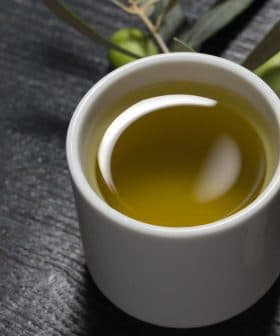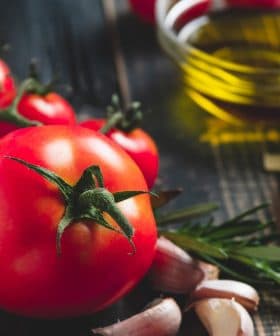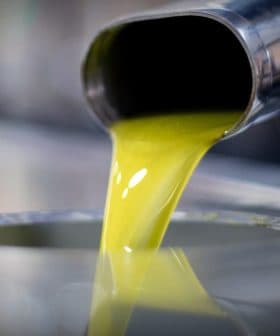 9.6K reads
9.6K readsNews Briefs
New Research Links Olive Oil Consumption and Reduced Autoimmune Occurrence

Researchers have found that following the Mediterranean diet, particularly consuming olive oil, is linked to a decreased prevalence of autoimmune diseases due to its anti-inflammatory effects and ability to promote beneficial gut microbiota. Daily consumption of olive oil can combat autoimmune conditions and metabolic syndrome by reducing inflammation and improving immune function, although it is uncertain if it can reverse existing autoimmunity.
Researchers have found a positive correlation between following the Mediterranean diet and decreased prevalence of autoimmune diseases.
One such finding is the relationship between phenolic compounds found in olive oil and the supporting function of immune cells.
A new study published in Frontiers in Immunology found that olive oil has anti-microbial properties that work against gut pathogens, preventing colonization and allowing for the proliferation of immune function.
See Also:Health NewsThe dietary omega‑3 poly-unsaturated fatty acids in olive oil suppress inflammation and promote beneficial gut microbiota.
The study further explained that omega‑3 poly-unsaturated fatty acids decrease the presence of pro-inflammatory bacteria leading to a reduction in an autoimmune response.
The prevalence of autoimmune disease has increased annually since the 1960s. There are now more than 100 named autoimmune conditions.
Autoimmune disease is caused by an overactive immune system that mistakenly attacks healthy cells in the body.
The increase in autoimmunity has been linked to a low-quality diet, a sedentary lifestyle and an imbalanced gut microbiome. A diet rich in processed food and fast food are triggering factors for autoimmune disease.
Researchers are now focused on including metabolic pathways, as most autoimmune cases are
paired with metabolic syndrome.
Metabolic syndrome is the name of a group of conditions, namely diabetes, obesity, and heart disease. The commonality between autoimmune disease and metabolic syndrome is inflammation caused by immune cells.
A separate study published in Frontiers in Immunology focused on the consumption of polyphenols, including those found in extra virgin olive oil, and its anti-inflammatory effects.
Polyphenols
Polyphenols are natural compounds that are present in olive oil. They belong to a class of antioxidants that have been shown to have various health benefits. Some of the most abundant polyphenols in olive oil include hydroxytyrosol, tyrosol, oleuropein, and ligstroside. These polyphenols have been shown to have anti-inflammatory, anti-oxidant, and anti-viral properties. They have also been linked to lower risk of cardiovascular disease, certain cancers, and other chronic health conditions. The quantity and type of polyphenols in olive oil can vary depending on factors such as the variety of olives used, the method of extraction, and the conditions under which the olives were grown. Olive oil labeled as “extra virgin” is generally considered to have a higher concentration of polyphenols than lower-grades.
Some benefits include reducing body weight, waist circumference, systolic blood pressure and insulin resistance.
The benefits indicate an ability to reduce metabolic syndrome by reducing the contributors. The benefits would also include those that are linked to autoimmune diseases.
Extra virgin olive oil consumption activates multiple metabolic pathways through its polyphenols and phenolic compounds, inducing immune protection.
Research has indicated that consuming olive oil daily and following a Mediterranean-style diet can combat autoimmune conditions and metabolic syndrome together.
It is not yet clear if the daily consumption of olive oil can reverse existing autoimmunity. Still, it has been proven to reduce inflammation, allowing for a reduction of autoimmune symptoms.










